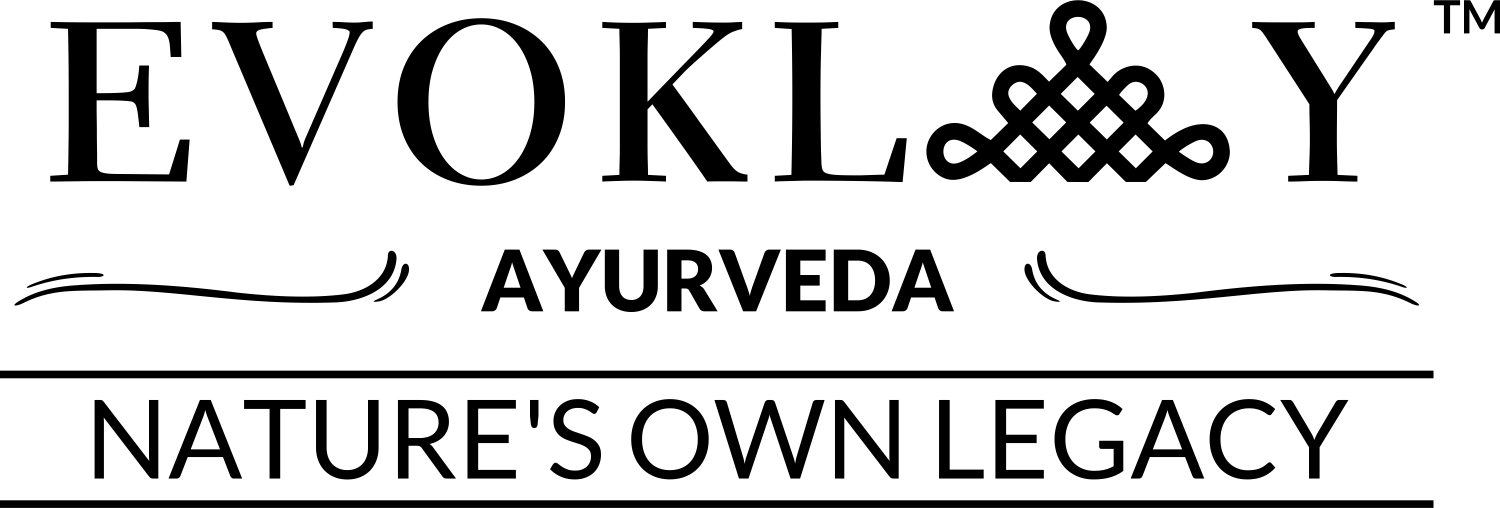Ayurvedic Skin Care for Acne
- Aug 10, 2024
- 4 min read
Acne is a common skin condition that affects millions of people worldwide. It can be frustrating and sometimes even embarrassing, but understanding the causes, types, and effective treatments can help you manage and prevent breakouts.
In this article, we will explore the various factors contributing to acne and discuss the different types of acne and the most effective treatments available.
Contents
Hormonal Factors
Genetics
Environmental Factors
Inflammatory Acne
Non-Inflammatory Acne
Causes

Acne is caused by a combination of factors, including hormonal imbalances, dietary influences, genetics, and environmental factors.
Let's take a closer look at each of these causes:
Hormonal Factors
Hormonal imbalances, particularly during puberty, can trigger the overproduction of sebum, an oily substance that clogs the skin pores. This excess sebum, along with dead skin cells and bacteria, leads to the formation of acne. Hormonal changes can also occur during menstrual cycles, pregnancy, and menopause, contributing to acne breakouts in women.
Dietary Influences
While the relationship between diet and acne is still being studied, certain foods have been linked to an increased risk of breakouts. High-glycemic foods, such as sugary snacks and refined carbohydrates, or anything can cause spikes in blood sugar levels, may lead to inflammation and acne. Dairy products and foods rich in saturated fats have also been associated with acne development.
Genetics
Genetics play a significant role in acne susceptibility. If your parents or siblings have a history of acne, you are more likely to develop it as well. Certain genetic variations can affect the way your skin produces sebum and how your immune system responds to bacteria, making you more prone to breakouts.
Environmental Factors
Environmental factors, such as pollution and humidity, can contribute to acne formation. Pollution can clog the pores and irritate the skin, while high humidity levels can increase sebum production. Additionally, exposure to certain chemicals and substances, such as oil-based cosmetics or greasy hair products, can worsen acne.
Types

Acne can manifest in different forms, each requiring specific treatment approaches. The two main types of acne are inflammatory acne and non-inflammatory acne. Let's delve into each type:
Inflammatory Acne
Inflammatory acne is characterized by red, swollen, and painful lesions. This type of acne occurs when the hair follicles become clogged with sebum, dead skin cells, and bacteria, leading to an immune response that causes inflammation. Inflammatory acne includes papules, pustules, nodules, and cysts.
Non-Inflammatory Acne
Non-inflammatory acne is milder and typically appears as blackheads and whiteheads. Blackheads, also known as open comedones, occur when the hair follicles are partially blocked, allowing the sebum to oxidize and turn black. Whiteheads, or closed comedones, form when the follicles are completely blocked, trapping the sebum and dead skin cells beneath the surface of the skin.
Effective Ayurvedic Remedies For Acne

Incorporate these practices into your skincare routine for acne free skin:
Crush fresh tulsi (basil) leaves, extract the juice, and massage it onto your face. Allow it to absorb for 15-20 minutes, then rinse off. Basil possesses remarkable healing properties.
You can also create a paste using amla and apply it to your face, washing it off after 15-20 minutes. Amla acts as an elixir for your skin. It reduces excess sebum, combats acne-causing bacteria, and prevents scarring.
You can apply a few drops of raw honey directly to pimples or scars, leaving it on for 5-10 minutes. Repeat regularly for optimal results. Honey is a miraculous natural ingredient that offers multiple benefits, including acne treatment.
Another antibacterial and anti-fungal remedy can be created using Turmeric. Turmeric prevents bacterial breakouts and pimples. Make a paste with turmeric powder and water, applying it to your skin. Rinse once dry. For dry skin, replace water with honey.
Neem leaves remedy is also a popular Ayurvedic solution for treating pimples. Apply neem paste to affected areas, let it dry, and rinse with water. Boil and crush 10 neem leaves to create the paste.
And if you are looking for a quick fix, apply lemon directly to pimples overnight for effective results.
Also, Triphala Ayurvedic remedy balances the tridosha (vata, pitta, and kapha), detoxifies the body, fights bad bacteria, and aids acne healing. Take 1 tsp. of triphala with hot water on an empty stomach each morning.
Prevention Tips

Preventing acne breakouts involves adopting good skincare habits and making certain lifestyle choices. Some tips to prevent acne include washing your face twice a day with a gentle cleanser, avoiding touching your face with dirty hands, and using oil-free and non-comedogenic cosmetics. It is also crucial to resist the temptation to pick or squeeze acne lesions, as this can lead to scarring and further inflammation.
In conclusion, understanding the causes, types, and effective treatments for acne is crucial for managing and preventing breakouts. By addressing hormonal imbalances, making dietary adjustments, implementing ayurvedic remedies, considering genetic factors, and being mindful of environmental influences, you can take control of your acne. Remember to consult with a dermatologist for personalized advice and treatment options tailored to your specific needs.
Final Words

In summary, managing and preventing acne involves understanding its causes, including hormonal imbalances, dietary influences, genetics, and environmental factors. By incorporating Ayurvedic remedies like tulsi, amla, honey, turmeric, neem, and triphala into your skincare routine, alongside adopting good skincare habits, you can effectively reduce breakouts. Remember, while these practices can help, it's essential to consult with a dermatologist for personalized advice tailored to your unique skin needs.





Comments